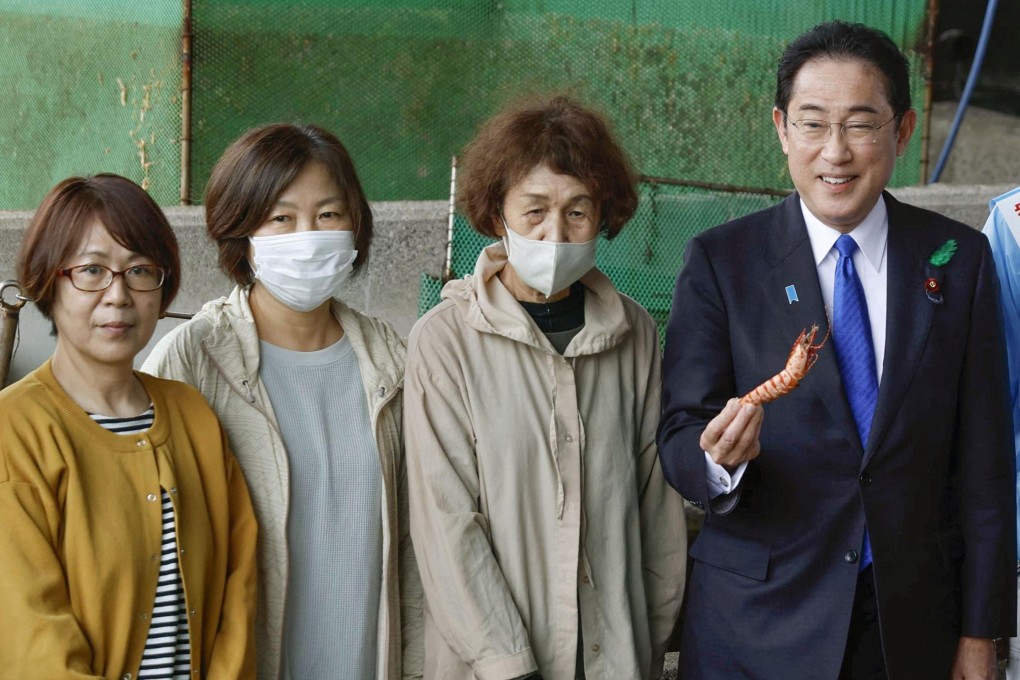Advertisement
A year after Shinzo Abe’s death, Japan still grappling with how to protect politicians amid ‘lone wolf’ attack fears
- Police have made significant changes to the ways they handle politicians’ security after the ex-prime minister was gunned down on July 8 last year
- But experts say the measures may not be enough to foolproof leaders’ safety as loner assailants lurk at a time Japan prepares for a potential snap general election
Reading Time:3 minutes
Why you can trust SCMP
5

As Japan marks the one-year anniversary of former prime minister Shinzo Abe’s assassination, political parties and the police tasked with safeguarding top politicians are still trying to balance providing protection and enabling the electorate to interact with their elected representatives.
Abe was shot and killed while speaking at an election campaign event in Nara prefecture on July 8 last year. That attack was followed earlier this year by another incident where a pipe bomb was hurled at current premier Fumio Kishida during a stump speech in western Japan’s Wakayama on April 15.
Kishida escaped unhurt, although shrapnel pierced the wall of a warehouse some 60m from where the device detonated.
Abe’s death sparked a review of politicians’ security, but the search for a way to ensure their safety has taken on added urgency amid signs of Kishida eyeing a snap general election late this year or in early 2024.
“Basically, it is very difficult to protect politicians,” said Shinichi Ishizuka, director of the criminology research centre at Kyoto’s Ryukoku University.
Advertisement
Select Voice
Choose your listening speed
Get through articles 2-3x faster
1.1x
220 WPM
Slow
Normal
Fast
1.1x